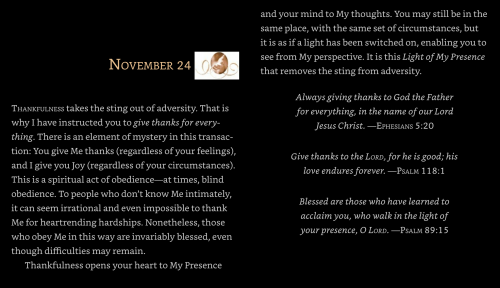Recovering Our Original Unity
Tuesday, November 24, 2020
What is the relation of [contemplation] to action? Simply this. He who attempts to act and do things for others or for the world without deepening his own self-understanding, freedom, integrity and capacity to love will not have anything to give others. He will communicate to them nothing but the contagion of his own obsessions, his aggressiveness, his ego-centered ambitions, his delusions about ends and means, his doctrinaire prejudices and ideas. —Thomas Merton
Thomas Merton was the first writer I encountered who spoke so clearly about the connection between contemplation and action. I believe that is true in part because he knew it from his own life. If you’ve ever read The Seven Storey Mountain, you know that Merton did not begin his faith journey as an activist. In fact, he lived his first two decades largely concerned with his own advancement, experience, and pleasure. It seems that he began his vocation to the priesthood motivated, at least to some extent, by the same egoic concerns, though pointed in a more holy direction. However, at some point, Merton’s personal agenda for self-improvement must have fallen flat, which allowed him to fall more deeply into God and his True Self. He became far less concerned with the “I” who prayed than he was with the “One” to whom, with whom, and in whom he was praying.
As Merton reflected: “We are already one. But we imagine that we are not. And what we have to recover is our original unity. What we have to be is what we are.” [1] He had finally recognized that the “programs for happiness” which he had pursued his whole life were never going to bring him the sense of worthiness he desired. Instead, he embraced this paradoxical statement: “In humility is the greatest freedom. As long as you have to defend the imaginary self that you think is important, you lose your peace of heart.” [2]
Merton had an uncanny ability to describe the truth of his own heart in a way the rest of us could understand. And he deeply believed that our inner healing was for the sake of the outer world. Near the end of his life, as Merton participated in ongoing dialogue between Eastern and Western monastic traditions, he shared the following prayer. It was radical in its time and remains just as necessary today:
Oh, God, we are one with You. You have made us one with You. You have taught us that if we are open to one another, You dwell in us. Help us to preserve this openness and to fight for it with all our hearts. Help us to realize that there can be no understanding where there is mutual rejection. Oh God, in accepting one another wholeheartedly, fully, completely, we accept You, and we thank You, and we adore You, and we love You with our whole being, because our being is in Your being, our spirit is rooted in Your spirit. Fill us then with love, and let us be bound together with love as we go our diverse ways, united in this one spirit which makes You present in the world, and which makes You witness to the ultimate reality that is love. Love has overcome. Love is victorious. Amen. [3]
